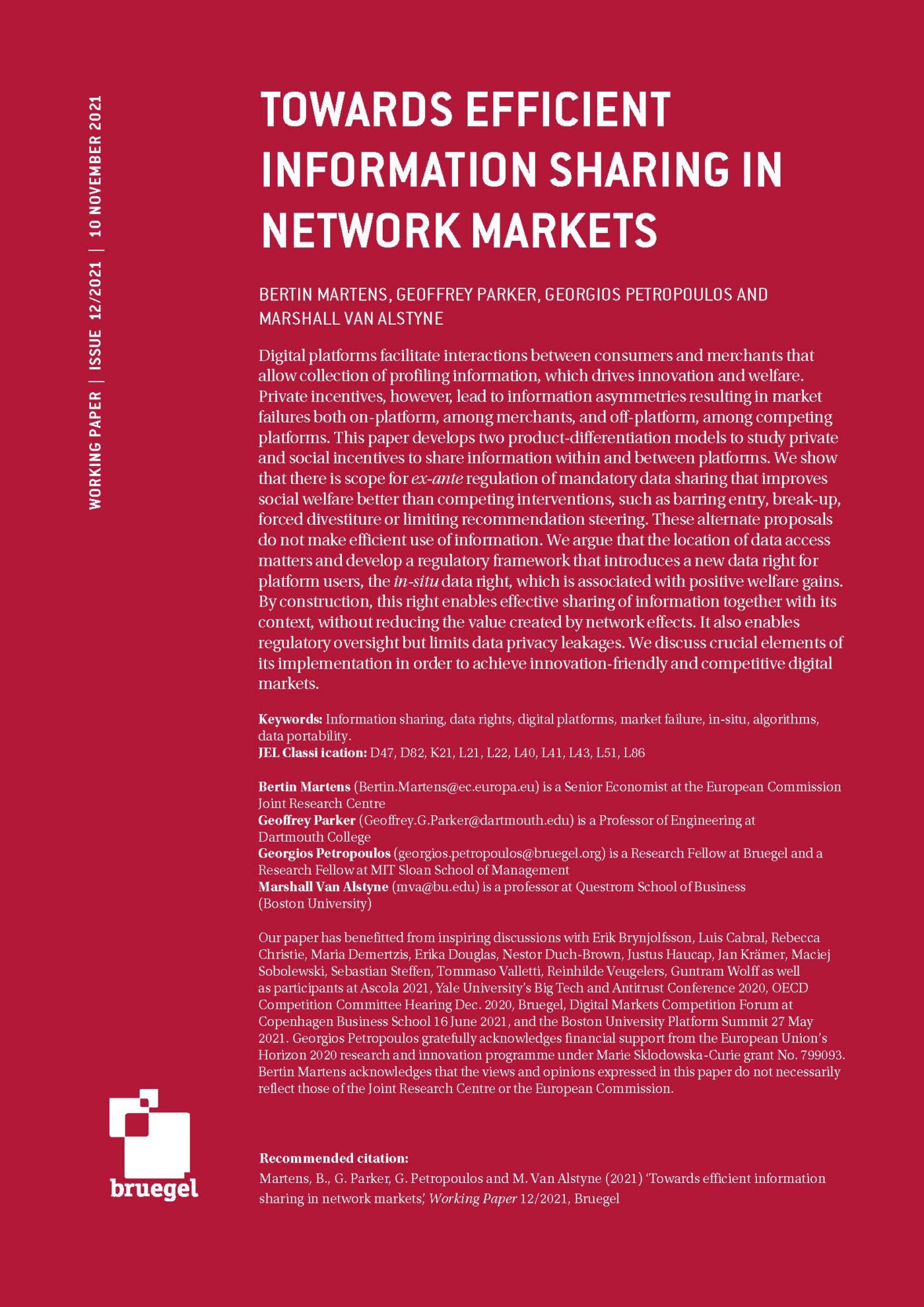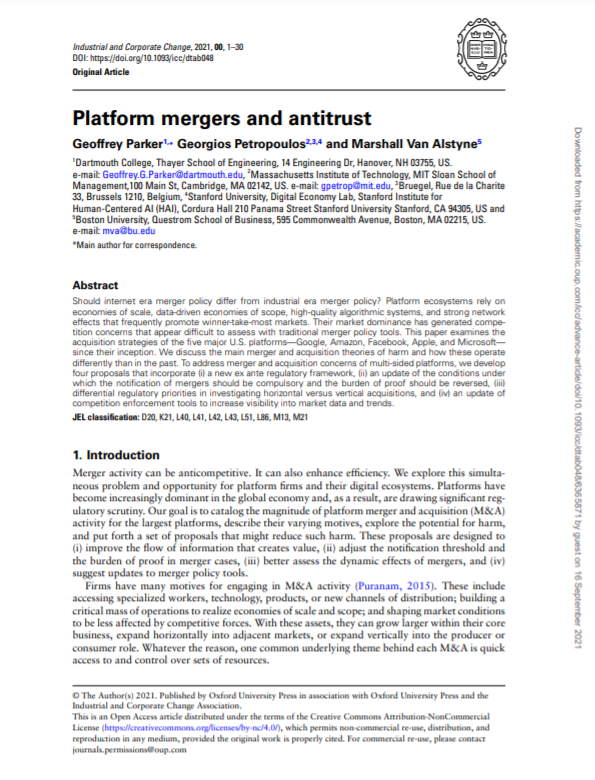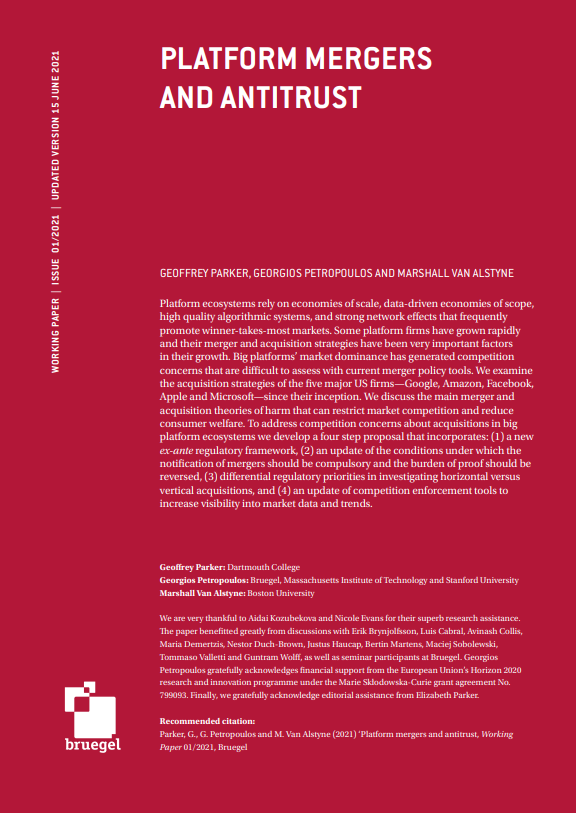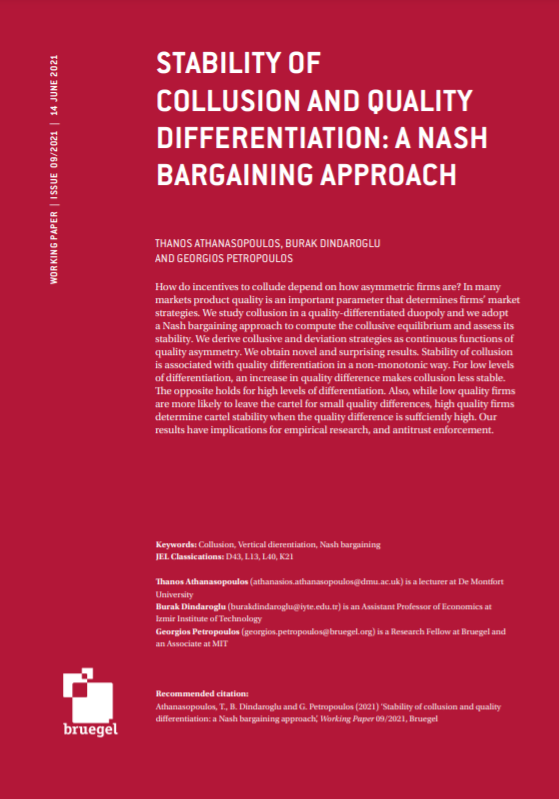Blog Post

The dark side of artificial intelligence: manipulation of human behaviour
Transparency over systems and algorithms, rules and public awareness are needed to address potential danger of manipulation by artificial intelligence.
Blog Post

Transparency over systems and algorithms, rules and public awareness are needed to address potential danger of manipulation by artificial intelligence.
External Publication

Privacy empowers individuals to control what is gathered and who sees it; portability permits analysis and creates competition. By moving our data to portals that would share more value in return, we might capture more of our data value. After all, that data concerns us.
Working Paper

In this paper, we turn our attention to market failure due to information asymmetry between platforms and their users and between competing platforms.
Blog Post




Online job postings indicate that demand from top tech firms for frontier IT skills is about double their demand for other IT skills. This could indicate increasing concentration of skills in a few firms, with other firms left behind.
Blog Post


Policymakers should act to deal with labour-market concentration trends that potentially harm workers, especially gig workers and the self-employed.
Blog Post

The current convergence in measures to open up digital platforms leaves a door open to some form of international coordination.
External Publication

Should internet era merger policy differ from industrial era merger policy? This paper was published in Industrial and Corporate Change by Oxford University Press.
Blog Post



More remote working in the wake of the pandemic could exacerbate wage inequality, with young workers, women and the low educated potentially losing out.
Blog Post

A content-based tax on the revenue from digital advertising is needed to prevent the monetisation of fake news by both creators and platforms.
Working Paper

This paper sets out a framework for addressing competition concerns arising from acquisitions in big platform ecosystems. This is a June 2021 update of the same paper published in January 2021.
Working Paper

How do incentives to collude depend on how asymmetric firms are? For low levels of differentiation, an increase in quality difference makes collusion less stable. The opposite holds for high levels of differentiation.